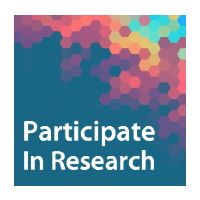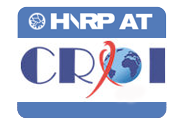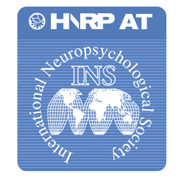Past Research Projects
Examples of Past Research Projects:
- Details
- Written by Ajay Bharti, M.D.
Agency: NIH/NIMH
Agency Award Number: K23MH085512
To determine the effect of subclinical malaria on immune activation and the relationships between malaria co-infection, IBs, and NCI in HIV+ individuals in Chennai, India.
- Details
- Written by Mark Jacobson, Ph.D.
Agency: NIDA
Agency Award Number: R03DA028655
Agency: NIH/NIMH
Agency Award Number: R01MH087054
To study the implementation of an efficacious intervention to reduce STIs among female sex workers.
- Details
- Written by Ronald J. Ellis, M.D., Ph.D.
Agency: Impeto Medical
Agency Award Number: N/A
To investigate the feasibility of validating sudomotor testing in HIV sensory neuropathy (HIV-SN).
- Details
- Written by Scott Letendre, M.D.









